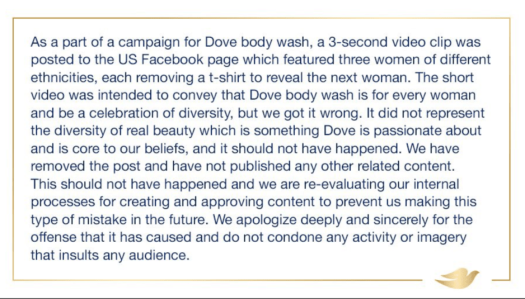Unless you’ve been living under a rock or kidnapped for the past month, it’s hard to miss Facebook’s latest blunder with the mishandling of its users’ cyber-data. Over 30 million users had their personal information harvested by Cambridge Analytica, the data analytics company used by the Trump Campaign for the 2017 election. The crazy thing is, The Guardian reported on this more than three years, and Americans just started to notice.

As I’ve mentioned in a previous article, Facebook is not the only perpetrator of this type of invasiveness, however they are the biggest brand name to have let this slide. What’s so special about our information anyways? Our data helps businesses pyschosocial profile us, meaning they can tailor digital advertisements based on our personal characteristics, down to the very flavor of ice cream we prefer. Cambridge Analytica used this information to influence political decisions, and if that’s even possible, it begs the question: what else can it influence?
Other companies that sit on a large amount of collected data are Google, LinkedIn and Amazon. Businesses have access to Big Data analytics whenever they chose to advertise via Google Adwords or Amazon’s recommendation search engine. The other side to this argument is all the benefits of harvesting Big Data. For instance, cybersecurity companies are on the board for access to this information to prevent future attacks. As well as health research labs who, with access to the right information can use AI to detect patterns of disease development, among other issues.
Regardless of your stance, Big Data is here to stay, it is time for discussions around the amount of data that can be harvested. This issue is bigger than Facebook, and to be honest, other larger firms may be sitting on more pertinent information in comparison to Facebook’s data. If you’re easily swayed by what you see on social media, it may be time for you to be more careful with what information you’re providing.

XO Gen




